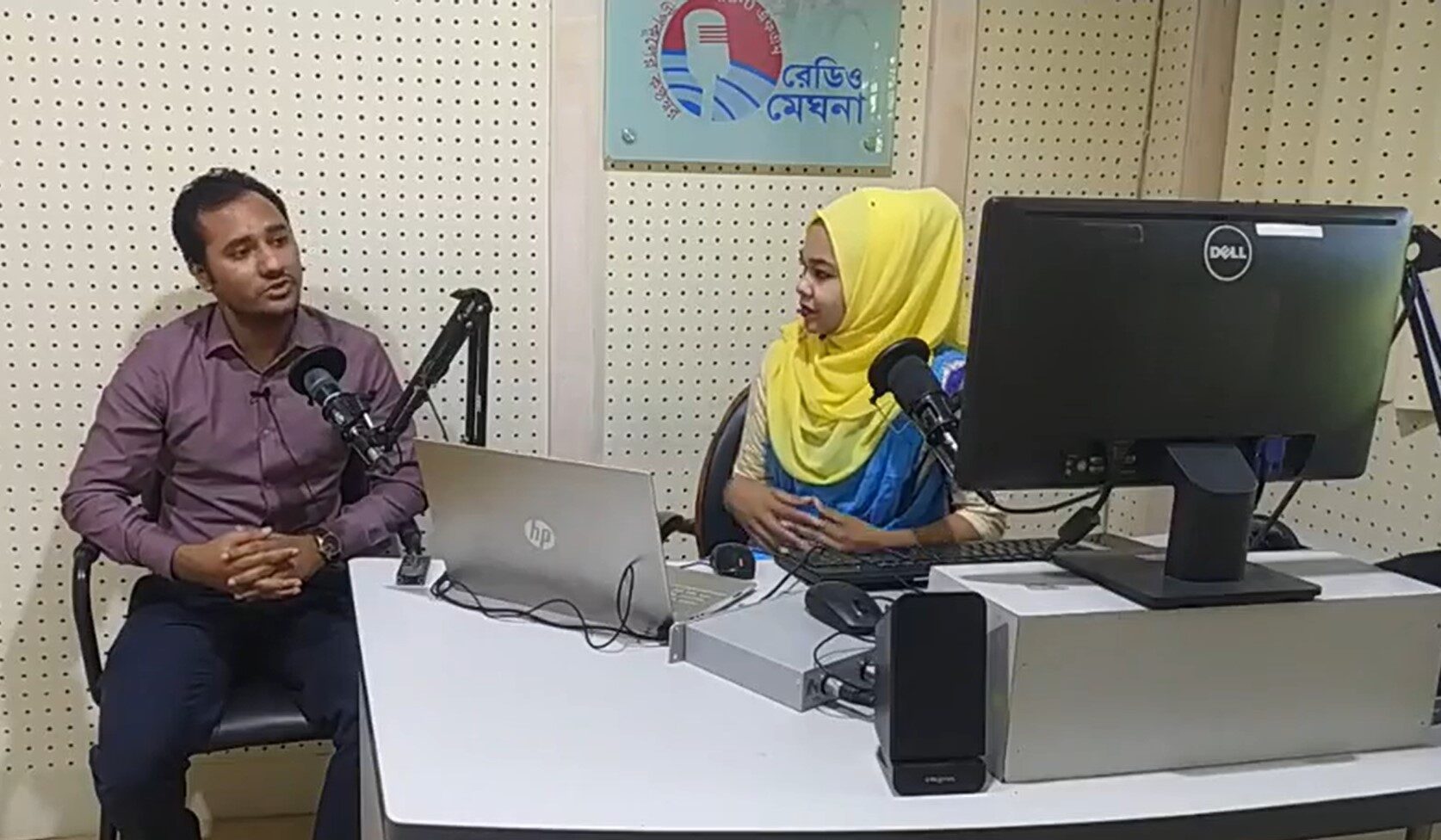EMPOWERING YOUTH AND YOUTH WOMEN SPECIALLY RADEY MADE GARMENTS WORKERS THROUGH FINANCIAL LITERACY
In Bangladesh, a large number of women are the first generation paid women workers in their families. They have also broken certain taboos that had earlier prevented women from working for wages outside their homes. In spite of progress on this front, they often have little control over the money they earn. Despite contributing to household income, they have little or no role in making decisions about household financial matters. Their access to and control over the money they earn are very low because of their poor status in their families, and lack of experience, which results in low confidence levels.
Female Garment Workers (FGWs) usually hand over all their earnings to their husbands, brothers, or fathers, and have no say in decisions about how that money is spent. Further, the men in many of these families do not seem to have the knowledge or will to plan and save. The factory transferred money to women’s bank accounts and told them about the ATM facility. Some women had no idea how to use the ATM and so handed over their cards and PIN numbers to their male relatives.
Addressing the challenge, Bangladesh NGOs Network for Radio & Communication (BNNRC), has been implementing initiatives to enhance women’s status in the family and workplace to build their image as holders of knowledge through financial literacy.
Under these initiatives, BNNRC has been supporting community radios to develop radio content and organize a series of live discussions on varied issues including financial literacy, Communication skills, Problem Solving & decision-making, and Time and Stress Management. And provided training for radio broadcasters and volunteers.
The radio programs both community radios and its Facebook Page created an opportunity to link all stakeholders, the Youth community, garments workers, and their family members. It promotes self-improvement and money management at the community level.
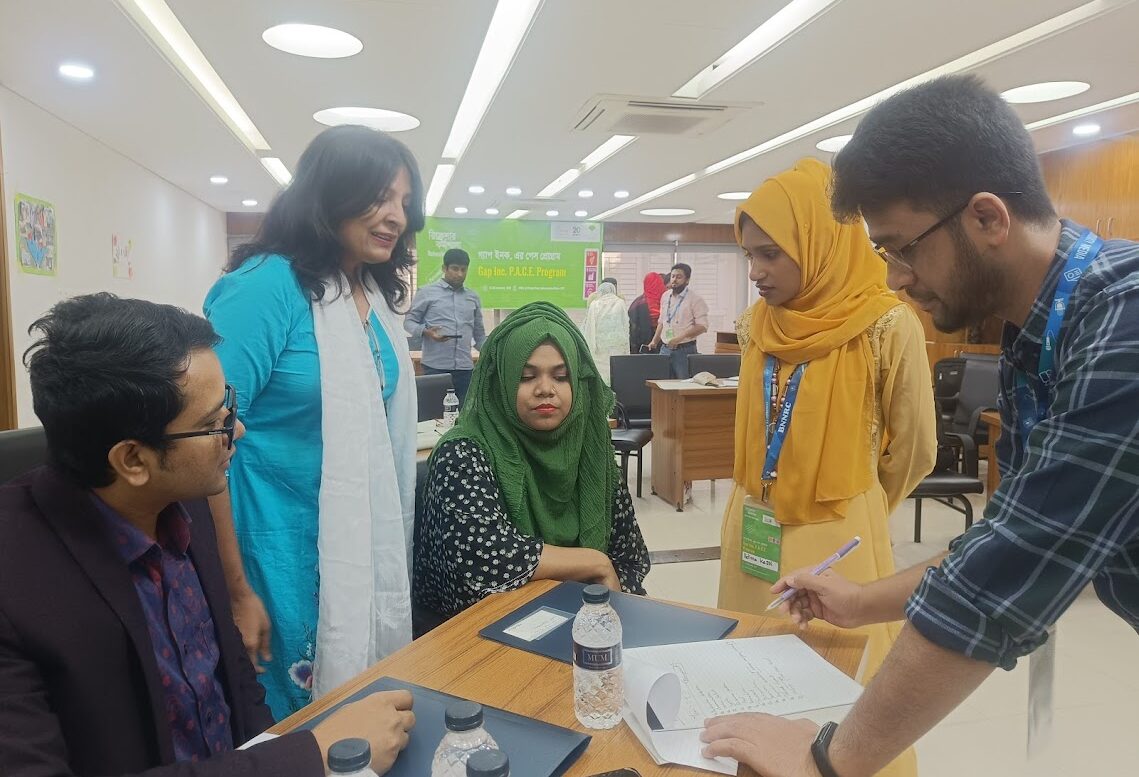
Replicability
The activities are to be implemented to aware the community people, particularly youth and women who are entering the job sector and also already employed aware of self-management, financial planning, the benefits of savings, and the risks in their absence through series of radio programs, which is replicable in any community.
As community radio has always inspired the marginalized to share opinions to address political and social action. Besides, it would be used as a tool for both active and passive communication and outreach in worldwide. Besides, Social Media Campaign through radio’s Facebook page will act as a virtual platform for young people who have ideas to share on how to reduction in poverty, and gender equality and provide financial education through building strong institutions and partnerships.
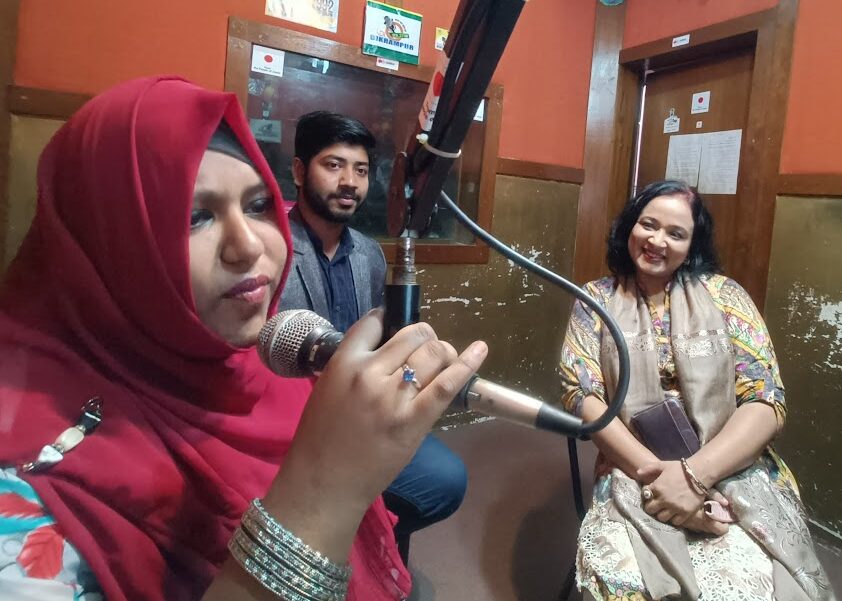
Sustainability
Through the initiatives, huge numbers of radio broadcasters and volunteers are trained on financial literacy, Communication skills, Problem Solving & decision-making, and Time and Stress Management and they also practice in their lives so that their professionalism can grow and continue.
Besides the radio programs provided youth and youth women with tools and skills that generate evidence to support their demands and help them to identify and prioritize areas of investment.
The program operates inclusively, including relevant media stakeholders, communication experts, Civil Society Organizations, and government officers which ensured long-term empowerment building. The program also generated community-led priorities to inform policymakers and duty-bearers to make effective decisions regarding inclusive development.
Besides, linking the social media platform will ensure that the program will have a deep, sustainable and multiplying impact, where the indirect beneficiaries will exceed several thousand.
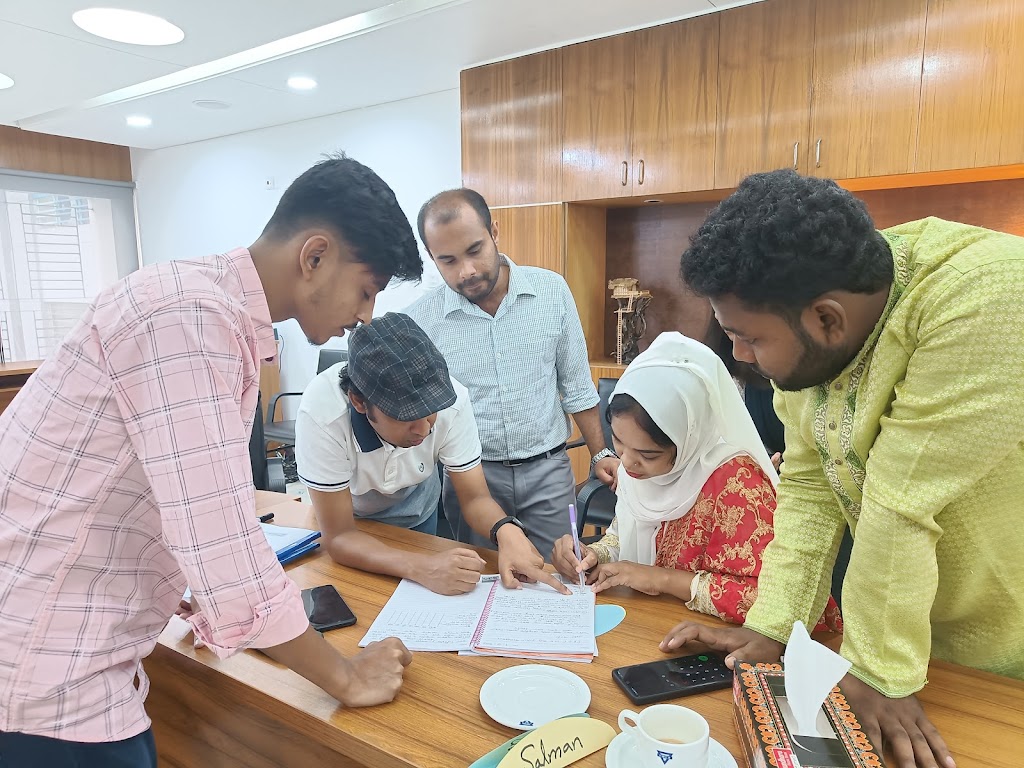
WSIS values promotion
Through this intervention, WSIS values (Action line- C3) in Bangladeshi communities are strongly adhered to and promoted extensively. This is done through access to Information and knowledge of youth and youth women and encouraging the local communities to financial literacy as well as self–learning and decision-making in families and workplaces.
Sustainable development goals (SDGs)
The radio programs achieved through this project are linked to the SGDs in the following ways:
SDG-5. Achieve gender equality and empower all women and girls: Promote regional development and improve the ability of sustainable development through exchanging of information and knowledge.
SDG-10. Reduce inequality within and among countries: Educating the rural youth and youth women including garment workers and their families in financial management issues will empower our young generation and diminish the existing financial gap that creates among countries.
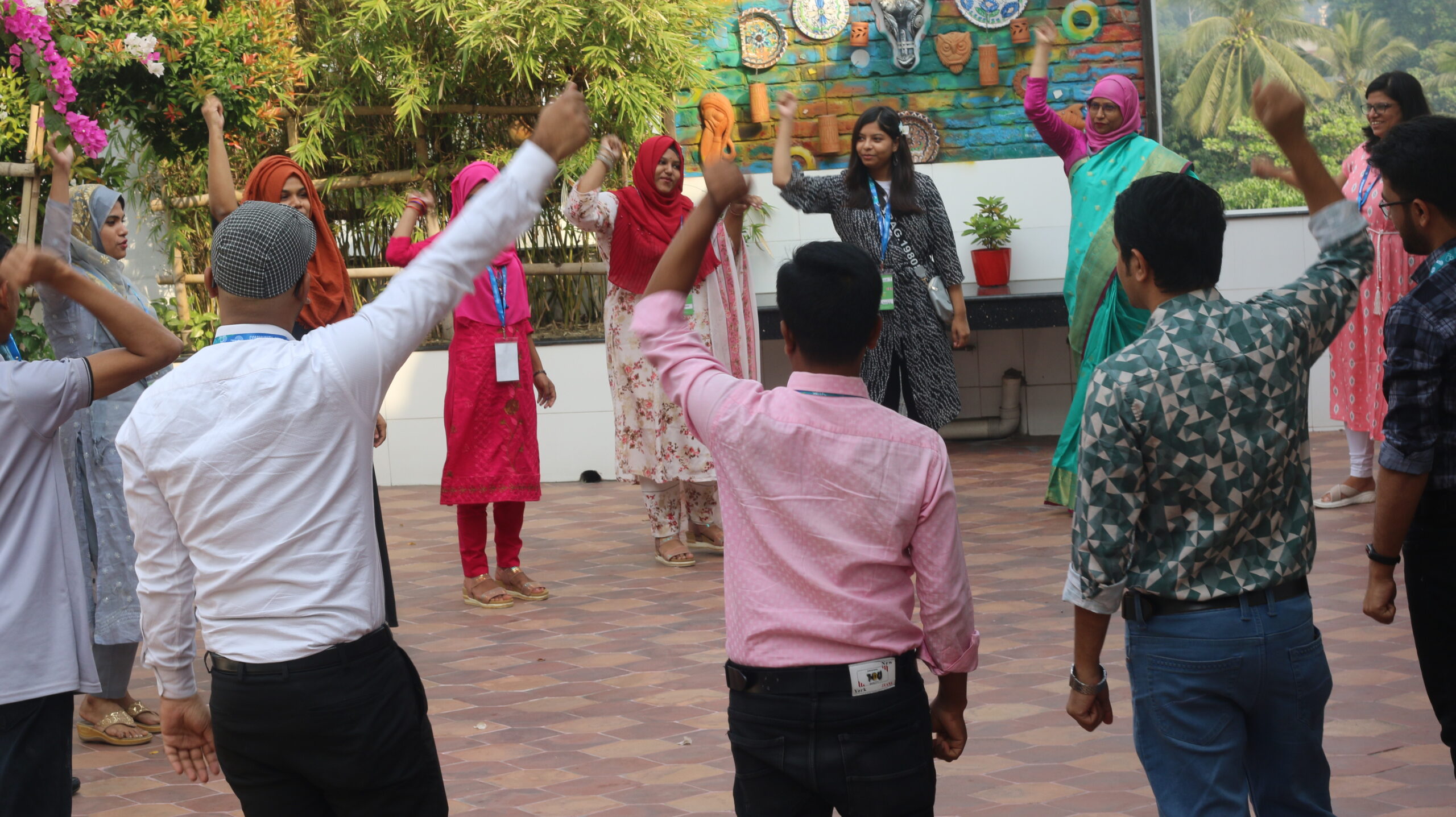
Contribution to the implementations of WSIS Action Lines and the Sustainable Development Goals
The initiatives have addressed Action Line C3 (Access to information and knowledge). Until the wider community especially the youth community are not aware and does not get access to the present day’s technology with financial literacy, it is impossible to build a skilled, empowered, economically sound, inclusive, and peaceful society.
Impact
Inequality in financial capabilities, between rich and poor, men and women, and rural and urban citizens, to name a few, has become a major concern worldwide because it is exacerbating the existing socioeconomic inequalities.
In the present context encouraging the youth community to literate financially, is one of the major purposes of the project, it comprises 4 areas of strategic objectives for youths empowerment:
Amplifying youth’s voice and agency: This pertains to youths’ role as decision-makers in public and private spheres including politics and promotion of their leadership is considered here. Changed attitudes on women’s and girls’ rights, women’s enhanced knowledge of their rights, and increasing their bargaining power are reflected in.
Create an enabling environment for youth’s advancement: Improve the socio-political pace, legal and policy support, and congenial social norms for the youth and youth women. Oversight, enforcement of laws, regular collection of sex-disaggregated data, gender and social analysis skills including the capacity to develop, implement, and monitor gender strategies, and understanding of gender issues too.
Increase youth’s economic benefits: youth’s access to productive assets, resources, services, skills, property, employment, income, information, technology, financial services, and other economic opportunities including community resources like land, water, forest, etc.
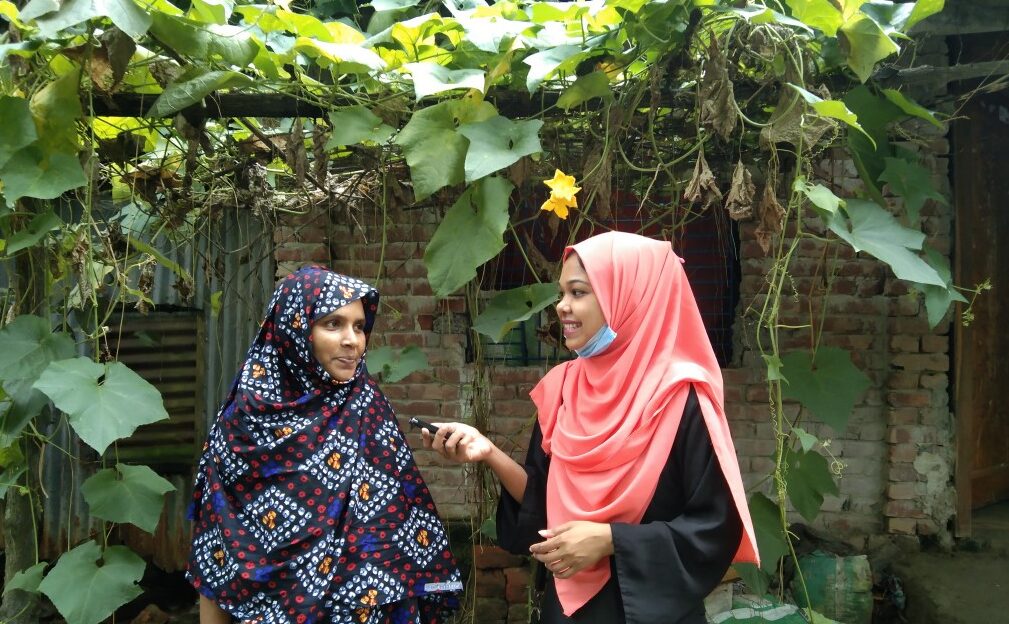
Challenges
Many disadvantaged people have limited knowledge about financial literacy even the benefits of savings—and the risks in their absence or have few incentives to go online due to a scarcity of relevant content in their local language. Low-skilled and low-literate users are most effective when content is simple, clear and culturally relevant. Public awareness campaigns can enhance knowledge and cultural acceptance of services available online.
In spite of these challenges, the campaign has certainly generated awareness among the community people especially youth and other stakeholders which encourage the organization to further plan and design how best to extend and expand the campaign will new formats and dimension.


